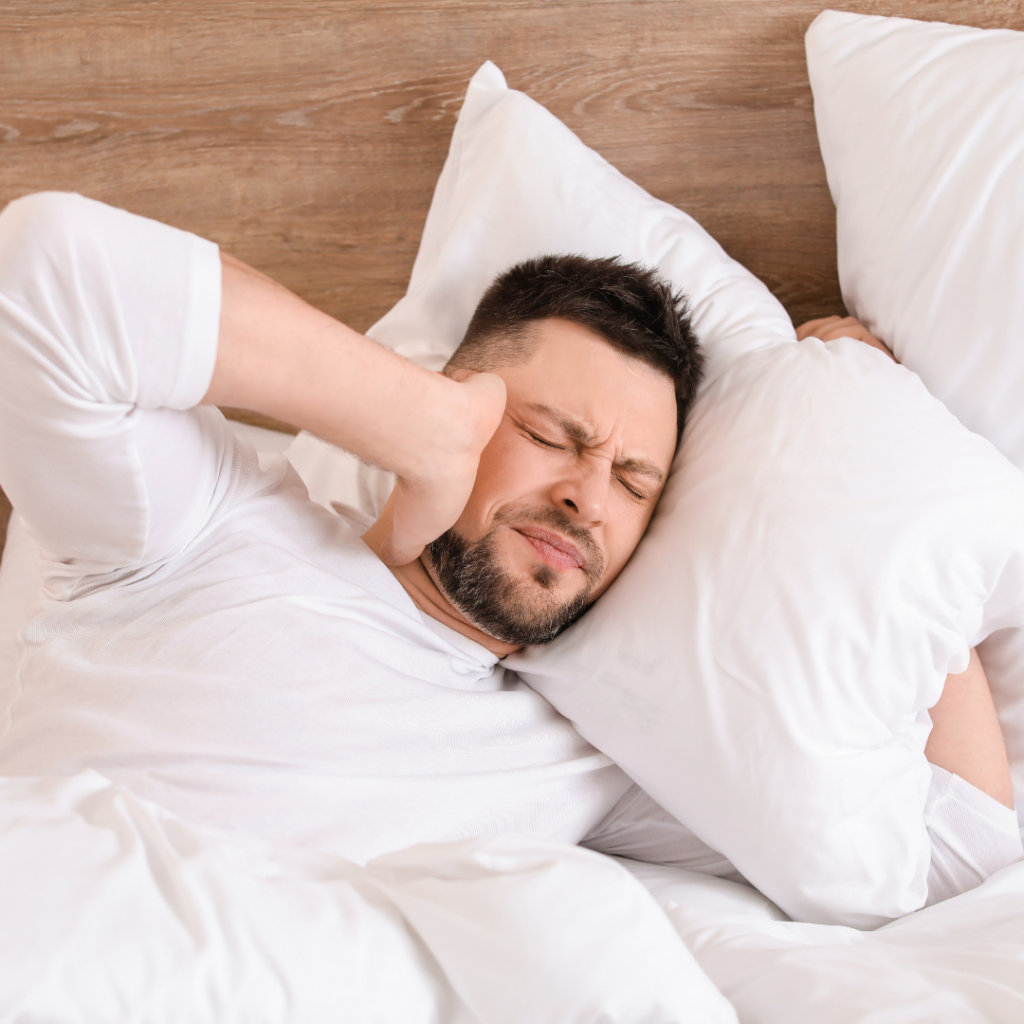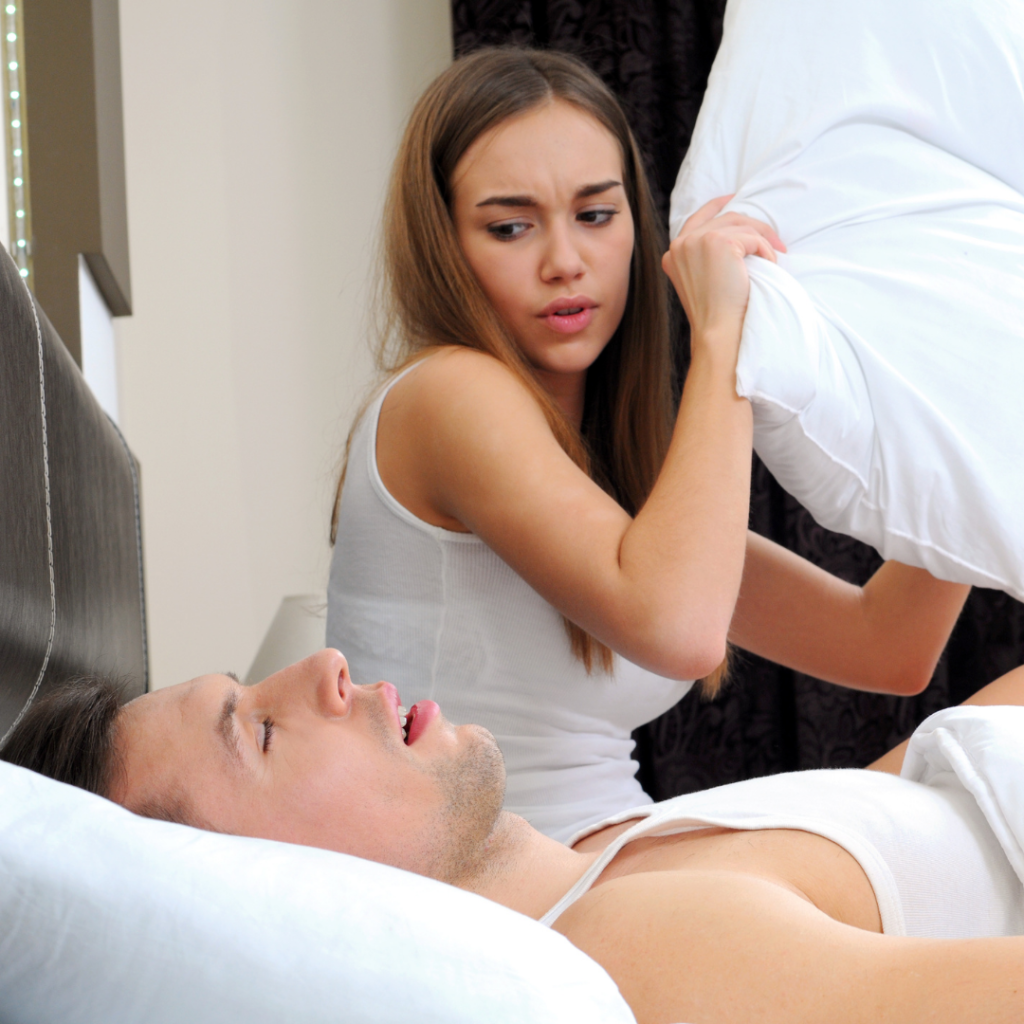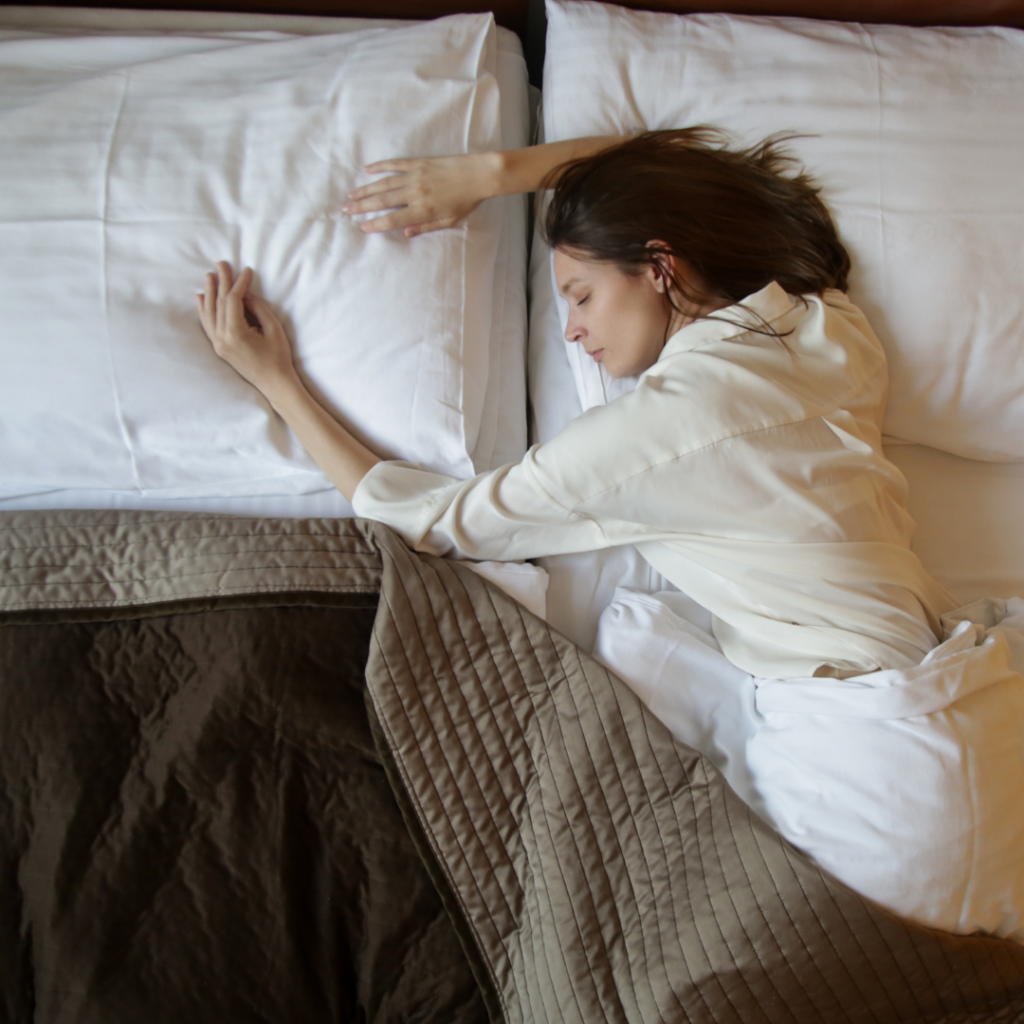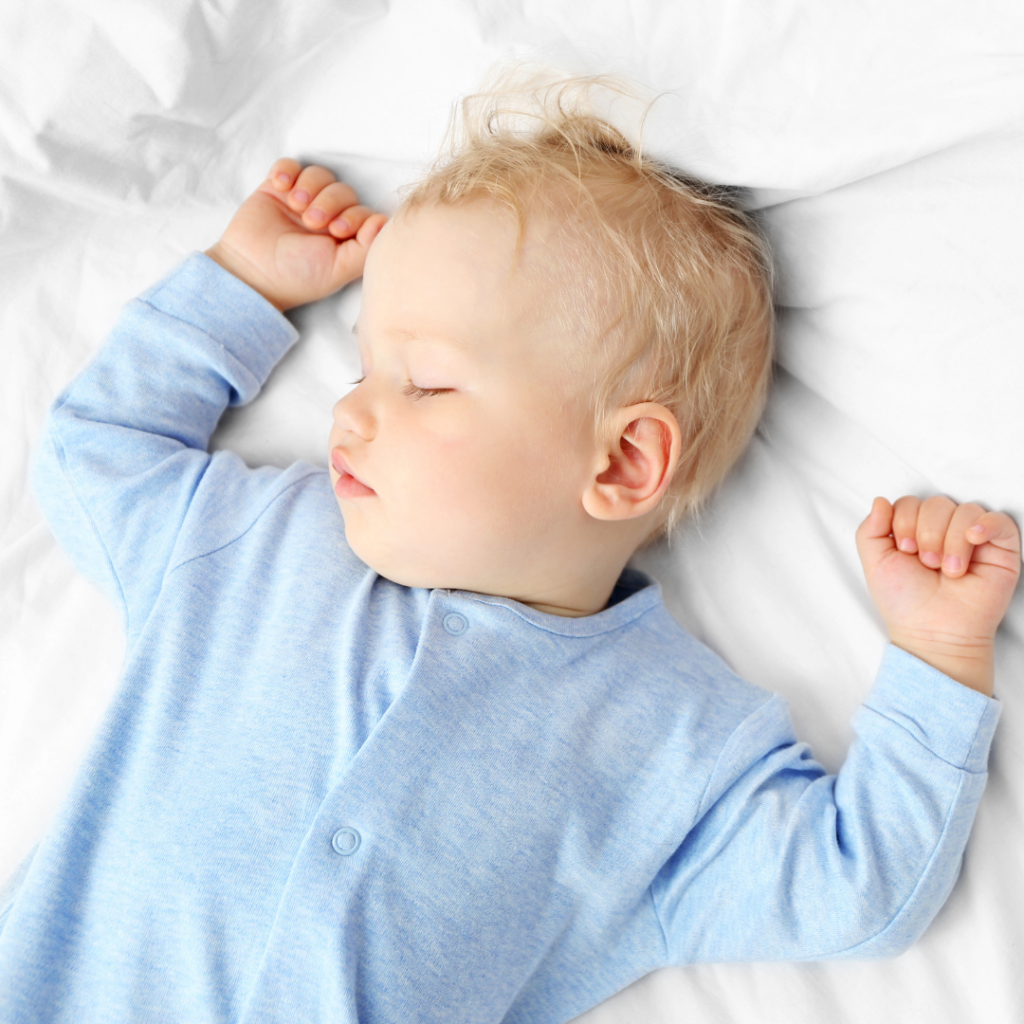Sleep is essential for our well-being. However, certain environmental factors can disrupt it, such as noise, light, ambient temperature, our partner's snoring, bedding, etc. These factors can become burdensome over time and prevent us from getting proper rest. This can lead to frustration, intense fatigue, irritation, and more. We offer some tips and suggestions to partially remedy these issues.
Are you disturbed by noise during the night?

If this is the case, you are not alone. It is one of the most common environmental factors. In fact, 25% of 25-45-year-olds report being disturbed by indoor noises such as TV noise, crying, arguments, children, etc. Additionally, 20% are disturbed by outdoor noises including neighborhood noise, street noise, a nearby airport, etc.
It goes without saying that noise pollution, including the aforementioned list of noises, disrupts our sleep environment. During the day, we tend to pay less attention to these various noises, but at night they weigh on us.
Noise has a real impact on sleep:
- Some sensitive people need complete silence to fall asleep.
- Repeated noises during the night lead to micro-awakenings. These cause sleep fragmentation, which can occur even when we are not aware of it.
- Morning noise at the end of the night can lead to an early awakening with difficulty or even an inability to fall back asleep.
The consequences of these noises on our sleep can resemble those of insomnia. Our sleep becomes lighter, less restorative, and fragmented.
Our advice
It is good to know that legally, noise is regulated at night. The period between sunset and sunrise is legally protected. If external noises to your home are heard during this period, you have the right to complain.
If you live in an area overflown by planes (near an airport), note that under certain conditions, soundproofing is covered. Check with your local government to see if you qualify.
Ensure that you do not multiply noise sources in your bedroom. This room should remain calm and free from all noisy factors. Avoid phones, TVs, noisy household appliances, and properly insulate your doors and windows.
If you are extremely sensitive to noise, you can use earplugs to sleep.
Your partner snores

Everyone occasionally snores, whether due to a cold or after a night of drinking. But some snoring is daily and can be very loud, up to 100 decibels, equivalent to a passing truck. Among all environmental factors, this is the loudest. In fact, 13% of 25-45-year-olds report having significant snoring problems.
Daily snoring constitutes a source of discomfort and can disrupt our sleep. Our advice:
- If your partner snores due to a cold, you can recommend avoiding a stuffy nose by doing saline washes in the morning and evening.
- If your partner snores daily, check if it's a positional issue. We tend to snore more when lying on our back than on our side.
- Avoid alcohol in the evening as well as tranquilizers and sleeping pills.
- Snoring can be due to overweight or obesity. Try to lose some weight.
- Use mouth guards or mandibular advancement devices, which are known to be quite effective against snoring.
- If your snoring partner has breathing pauses followed by loud resumption, doesn't feel rested in the morning, and accumulates fatigue during the day, they may suffer from sleep apnea syndrome. In this case, we advise you to make an appointment at a specialized center to confirm the diagnosis and recommend the most suitable treatment.
Light prevents you from sleeping properly

Light influences our sleep. Whether it's light from outside our room: daylight, street lighting at night, etc. Or light coming from inside our room: night lights, luminous alarms, phones,... These different lights are environmental factors that disrupt our sleep. In fact, 18% of 25-45-year-olds sleep with some light coming from outside and 15% with light coming from inside the room.
To remedy the disturbance from external light, we recommend sleeping with completely closed shutters. If your shutters are not completely opaque, we recommend adding thick curtains in front of your windows. Regarding lights inside your room, we recommend either moving these different light sources outside the room or covering the light indicators.
The role of daylight
Daylight is the foundation on which our sleep rhythms are built. Thanks to it, our biological clock "resets" every day. Light passes from our retinas to our internal clock located at the base of the brain. It controls our body's rhythms through a hormone, melatonin, which regulates our sleep schedules. Thus, regardless of the season, it is necessary to take advantage of natural light as early as possible, especially in the morning, through outdoor sports or walking, or simply having a coffee on a terrace.
Wondering if it’s better to sleep alone or with a partner?

In industrialized countries, more and more people decide to sleep alone. Alone in their beds, in their rooms, and sometimes even in their homes. Sleeping alone guarantees tranquility and also allows for a choice of schedules. However, no study has shown that sleeping alone is more advantageous than sleeping with a partner.
In early societies, sleeping together was common, even the norm. Culturally, sleeping together remains a sign of affection and reassurance. In any case, respecting the other person's sleep is essential, as we do not all sleep in the same way.
For reference, 27% of 25-45-year-olds say they sleep alone, and 5% of those living in a couple say they sleep alone. Also note that 20% of French people regularly sleep with their pet.
Our tips for better sleeping together
- Do not make noise in the room when your partner has decided to sleep.
- Favor individual bedside lamps with directional beams if you want to read before bed.
- Favor individual duvets or even individual mattresses so that everyone can choose their own comfort.
- Avoid loud alarm clocks if the other person does not have to get up.
- Respect your partner's "morning-evening" rhythm, especially on weekends.
- Avoid sleeping with your pet in the bed; it does not have the same sleep rhythms as you and may disturb you.
Your child prevents you from sleeping

The arrival of a child is always a special moment for a family, but it also disrupts everyone's habits. A newborn does not sleep through the night; their sleep rhythm is not yet established. It takes weeks to structure their sleep rhythm, generally achieved within 3 months. During this time, they frequently wake up and often need to be fed. Parents are therefore involved and engaged. It is an inevitable and sometimes tiring period during which everyone gets to know each other.
The parent's role is crucial in establishing the child's rhythm. Once fed and changed if necessary, the baby should be put back in their bed so that everyone can go back to sleep peacefully. It is important for your baby to learn to sleep and fall back asleep on their own.
Among the environmental factors disrupting sleep mentioned above, this is the only one over which you have no control and which will disappear over time.
Final thoughts
As you can see, there are many environmental factors affecting our sleep. But they can be avoided or mitigated. Remember that sleeping well is essential for your well-being. By trying to avoid or counteract these factors as much as possible, you will feel better. You will be more rested and more inclined to start the day well.
Find all our "advice" articles on sleep here.
The post Environmental factors that affect our sleep first appeared on Le journal de l'oreiller.



Leave a comment
All comments are moderated before being published.
This site is protected by hCaptcha and the hCaptcha Privacy Policy and Terms of Service apply.